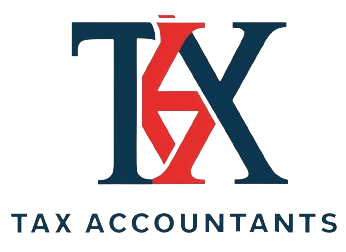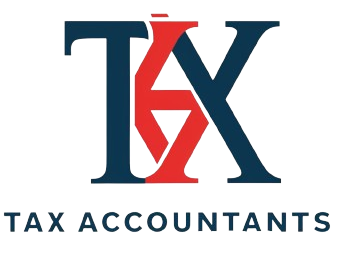We bring success to you
At Tax Accountants US, we understand that finding the right Tax and Accountant Services can be challenging. Whether you’re an individual, a small business, or a large corporation, the right tax professional can make all the difference. That’s why we are dedicated to connecting you with the Best Tax Accountants in Newburgh, NY, and across the United States.
Avantage can help you with picking out the best people for your company.
Initial Consultation
Start by filling out our simple online form or giving us a call. Provide us with basic information about your tax needs and location.
Customized Match
Based on your information, we will match you with one or more qualified accountants and Tax Experts In Newburgh, NY.
Collaborate
Reach out to the referred Tax Accountants US to discuss your needs in more detail.
Ongoing Support
We are here to support you throughout the process. If you have any questions or need further assistance.
Expert Services
Our Expert Accounting and Tax Services tailored to your needs, ensuring accuracy, compliance, and peace of mind.
WE TO DO BEST EVERY TIME
At Tax Accountants US, we connect individuals and businesses with experienced tax professionals nationwide. Our mission is to simplify the tax process by offering tailored services for unique financial needs. With a network of Certified Accountants, we ensure high-quality and reliable service. Our user-friendly platform makes finding the right Tax Experts in Newburgh NY effortless, providing peace of mind during tax season and beyond. We are committed to excellence, accuracy, and customer satisfaction, making us the go-to resource for all your tax-related needs. Trust Tax Accountants US for unparalleled expertise and personalized support.
Call to ask any question



Look at the work Digi era pro
Choose us for an
unparalleled experience of quality
Expert Referrals
We are a referral service, not a service provider company. Our Tax Accountants US mission is to refer our clients to trusted, experienced tax accountants who can meet their specific needs.
Intuitive Inner pages
Our extensive network of Professional Tax Accountants In Newburgh, NY, spans the entire United States. No matter where you are located, we can connect you with a qualified tax professional in your area.

Personalized Service
We take the time to understand your unique tax situation and requirements. Our referral process is designed to match you with a Tax Accountants US who is best suited to handle your specific needs.
Quality Assurance
All our partner Tax Accountants US is thoroughly vetted to ensure they meet our high standards of professionalism, expertise, and customer service. We only refer accountants who have a proven track record of success.
Reach out and let'sReach out and let's make your voice heard!
Take the stress out of finding a reliable tax accountant. Let Tax Accountants US connect you with the best professionals in the industry. Start your journey towards better tax management today. For more information, please contact us or fill out our referral form to get started.
Expert Guidance
At Tax Accountants US, we ensure your tax requirements are managed with precision and professionalism. Our network of skilled Accountants in Newburgh NY offers personalized advice tailored to your unique financial situation.

What Clients Say About Us

Sarah Johnson
Tax Accountants US has been a lifesaver for our small business. Their expertise in tax planning and accounting has saved us both time and money. The team is professional, responsive, and always willing to go the extra mile to ensure we understand our financial situation. Highly recommend!
CLIENTS THAT TRUST US
Trust our expert referrals to connect you with the best in the industry. With Tax Accountants
US, you can be confident that your taxes are in capable hands.








